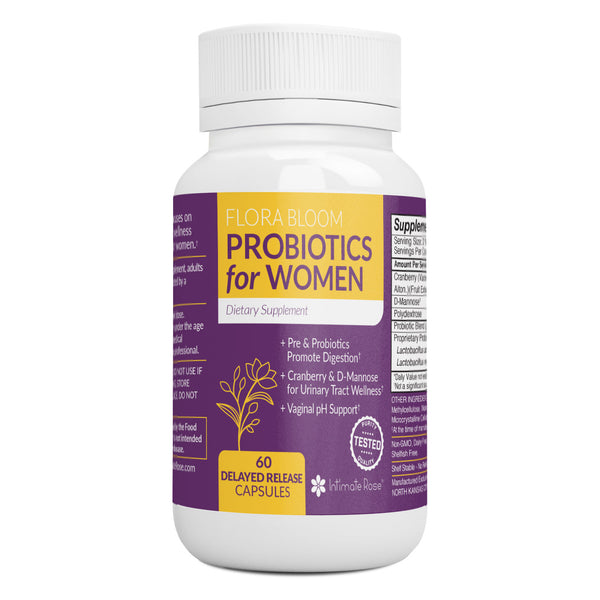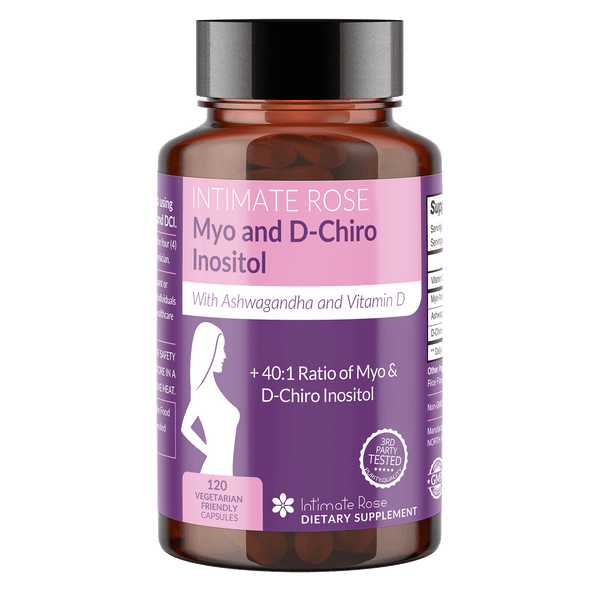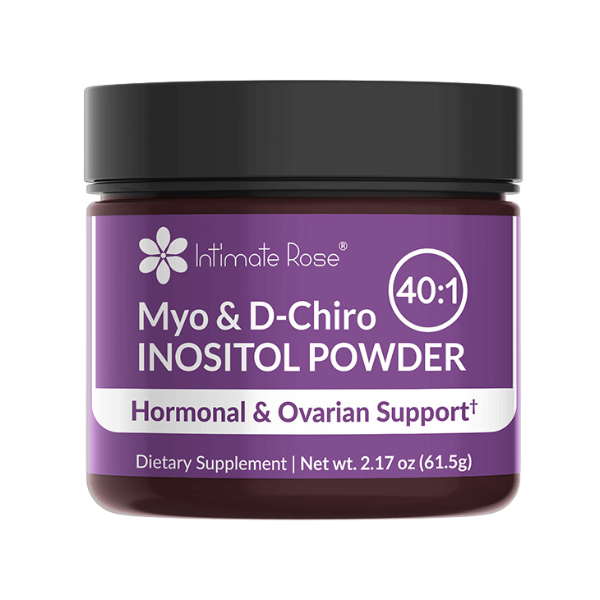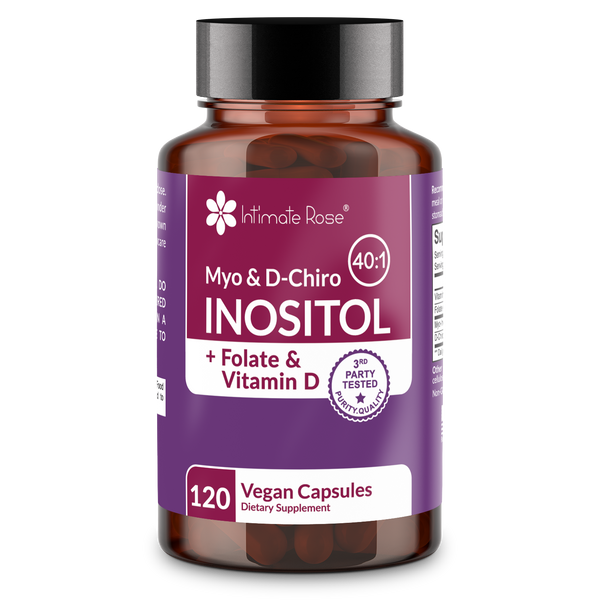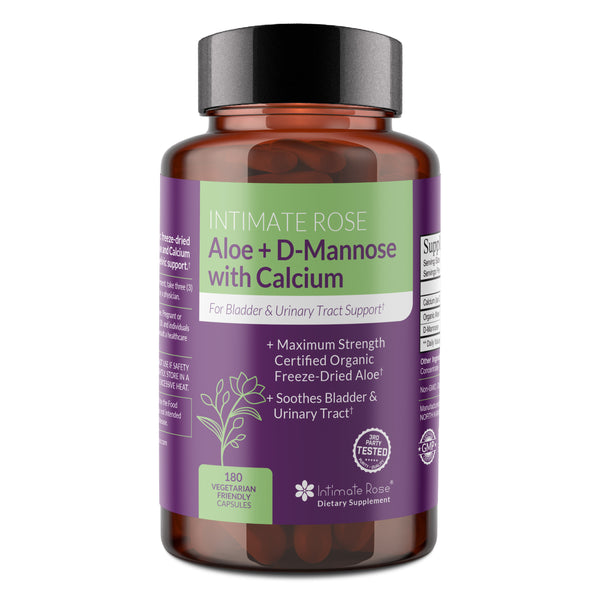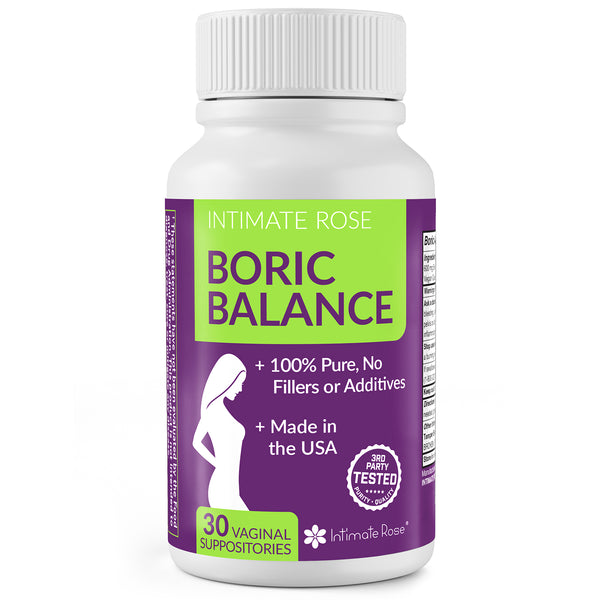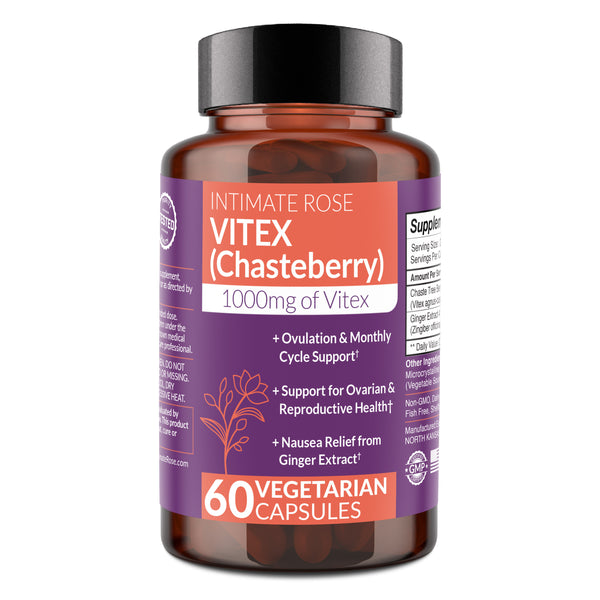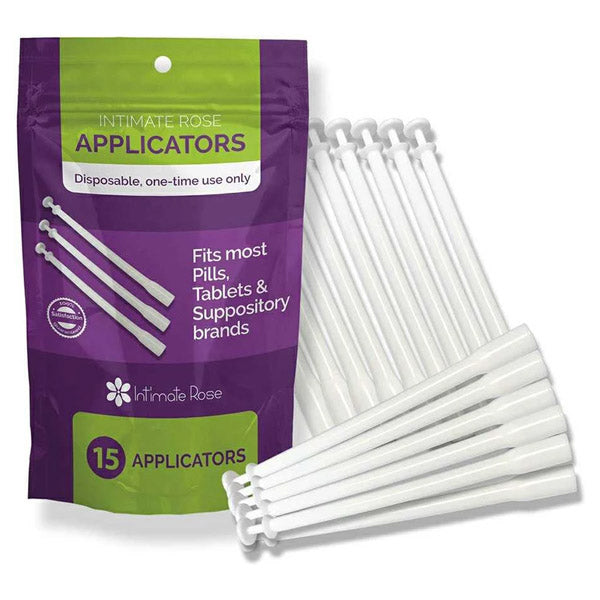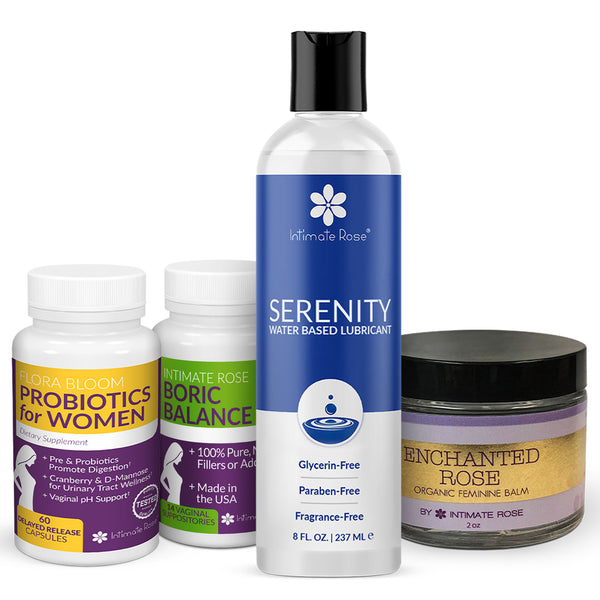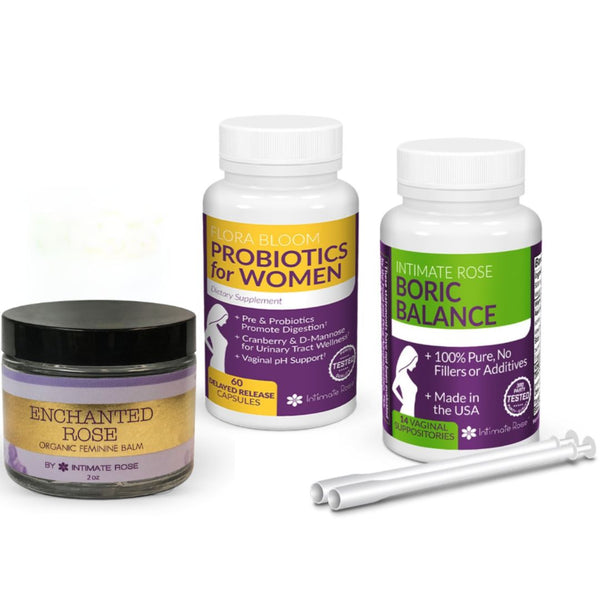Allergic Reactions | Vaginal Infections | Helpful Tips
Genital itching after sex occurs due to several potential causes that may or may not need medical treatment.
Mainly due to insufficient lubrication, an allergic reaction, underlying infections, dry skin, or a sexually transmitted infection (STI), the good news is that all of the above are treatable, and in some cases, natural remedies can relieve symptoms quicker.
Read on, to learn more about the potential causes of genital itching and the best treatment options for each.
Causes of Genital Itching After Sex
Several internal and external factors are known to cause genital itching after sex. Internal factors include poor personal hygiene habits, and hormonal fluctuations during pregnancy, breastfeeding, or menopause.
External factors that can cause genital itching after sex include; douching, skin allergies, multiple sexual partners, and unprotected sex.
For clarity, the internal and external factors that cause genital itching after sex can generally be broken down into the following categories.
- Allergic Reactions
- Vaginal Infections
- Vaginal Dryness

Things Off Down There?

Things Off Down There?
1. Allergic Reactions That Cause Genital Itching After Sex
According to the American Academy of Allergy Asthma & Immunology, an allergic reaction occurs when the immune system overreacts to a substance, or allergen, that is considered harmless.
This overreaction signals antibodies to release chemicals into the cells that result in various symptoms like sneezing, breathing issues, and in the case of genital itching, skin reactions.
Below are the most common allergic reactions that are known to cause genital itching after sex.
Latex Allergy
When someone is allergic to latex, using latex condoms or lubricants can trigger an allergic reaction that causes genital itching after sex. Additional symptoms like swelling and redness around the vulva also usually appear, however, symptoms will usually subside within 24-48 hours.
If you notice genital itching, redness, or swelling of the vulva after sex that involves latex contraceptives, consider using latex-free products to see if the itching goes away.
Sperm Allergy
Women who have an allergic reaction to the protein in sperm or semen will usually notice symptoms like itching, swelling, and redness within 15-30 minutes after sex.
Although genital itching after sex is common in those with an allergy to semen, symptoms can occur anywhere on the body that has come in contact with semen. In very rare cases, women who are allergic to semen are known to have extreme allergic reactions that require medical attention.
If symptoms are mild your doctor might begin by prescribing an antihistamine to take before sex and using a condom to minimize exposure. In more severe cases, healthcare providers recommend having an EpiPen at hand in case of anaphylaxis.
Spermicide Allergy
Although an allergic reaction to spermicides is more frequent in males, it also occurs in women and typically results in genital itching, swelling, and redness.
Healthcare practitioners normally recommend trying another brand of spermicide as the first line of defense. If the reaction persists, they may advise taking an antihistamine before sex to minimize the symptoms. Failing that, an EpiPen could be recommended in case of anaphylaxis.
2. Vaginal Infections That Cause Genital Itching After Sex
Due to the alkalinity of sperm, as well as bacteria that spreads from one set of genitals to another, sex can often cause the vagina’s naturally acidic environment to change. This change in environment upsets the vagina’s natural pH levels (typically measuring between 3.8 and 4.5) and renders the female genitals more susceptible to infections.
In fact, according to the American College of Obstetricians and Gynecologists, almost 40% of women experience at least one vaginal infection during their lifetime.
The most common vaginal infections include bacterial vaginosis (BV), yeast infections, urinary tract infections (UTIs), and sexually transmitted diseases (STIs) such as chlamydia, gonorrhea, and trichomoniasis.
How Do You Know if You Have a Vaginal Infection?
As well as genital itching, generic symptoms of vaginal infections typically include discomfort during sex, a burning sensation when urinating, swelling & redness around the vulva, and an unusual vaginal discharge which is sometimes accompanied by an unpleasant vaginal odor.
More severe but often rare symptoms like cracking skin or blisters on the vulva are also known to occur, in addition to scaly white patches of skin and slight vaginal bleeding or spotting.
Below are the most common vaginal infections associated with genital itching after sex, the symptoms typically associated with them, and the best treatment options for each.
Bacterial Vaginosis (BV)
BV occurs when a bacteria known as Gardnerella Vaginalis enters the vagina and is allowed to thrive. Although it is not considered a sexually transmitted infection, women who have unprotected sex with a new partner, douche regularly, or have multiple sexual partners are believed to be at a higher of getting BV.
In addition to genital itching, symptoms include a green or gray vaginal discharge, an unpleasant fish-like odor, as well as vulvar redness & swelling, a burning sensation while urinating, and pain during sex.
To treat BV, it is always best to see a doctor and finish a course of antibiotics to clear the infection. To avoid recurring infections, which are frequent for many women with BV, female health experts recommend completing a course of Boric Acid Suppositories.
As a natural remedy used for centuries by the ancient Greeks, Boric Acid is well-known for its antiseptic and antimicrobial properties. Recent studies have also shown that a daily probiotic improves female health as well as gut health.
Vaginal Yeast Infections
Vaginal yeast infections happen when a fungus called candida flourishes in the vagina. Although always present in the vaginal microflora, candida only begins to thrive when harmful bacteria have entered the vagina and created the perfect breeding ground for it to grow.
These harmful bacteria are typically spread from the rectum while wiping after a bowel movement or during sex. Symptoms typically include genital itching, a white lumpy vaginal discharge that appears similar to cottage cheese, and swelling or redness around the vulva.
An over-the-counter anti-fungal cream or ointment will clear a vaginal yeast infection within 4-7 days. In conjunction with an anti-fungal cream, a daily probiotic supplement, like Flora Bloom Probiotics for Women from Intimate Rose, not only helps to treat yeast infections but also greatly lowers the risk of them recurring.
The Ultimate Vaginal Bundle

Sexually transmitted infections (STIs)
STIs that cause genital itching include chlamydia, gonorrhea, genital herpes, genital warts, and trichomoniasis. While these STIs are often symptomless for many, one of the first signs that most women report is genital itching a few days after sex.
Additional symptoms include unusual vaginal discharge, a foul vaginal odor, pain while peeing, open sores around the genitals or mouth, and sometimes a high fever. That said, the majority of people notice no STI symptoms at all so it is vital to schedule annual check-ups if you are sexually active with more than one partner.
STIs are typically treated with a course of medication like antibiotics. However, to prescribe the correct medication a swab of genital secretions is usually sent to a lab for diagnosis.
As soon as the STI is diagnosed by a lab, your doctor will prescribe the right treatment, advise you to refrain from sex until the infection has cleared, and inform all recent sexual partners of your diagnosis so they can seek treatment too.
Recent studies have shown that a full course of Boric Acid Suppositories is highly effective in preventing recurring trichomoniasis infections too, as well as relieving the symptoms of a current infection.
When Vaginal Dryness Causes Genital Itching After Sex
Women of all ages can experience vaginal dryness due to a lack of natural lubrication, but it is most common in women aged 45 and over. Vaginal dryness, also known as atrophy, typically results in itchiness, pain, or irritation around the vulva and vagina after sex.
While internal factors like hormonal fluctuations during menopause, pregnancy, and breastfeeding can cause vaginal dryness, external factors include taking BCPs, diabetes, and after chemotherapy or a hysterectomy.
Douching is another external factor that is known to cause vaginal dryness, mainly because synthetically cleaning the vagina is unnecessary and tends to eradicate the good bacteria as well as harmful bacteria, resulting in an altered vaginal pH level where the skin thins and dries.
If you suffer from vaginal dryness and notice that your genitals are itching after sex, it is first recommended to try increasing your foreplay. Naturally-made vaginal moisturizers that are specifically designed to treat atrophy and ease irritation after sex also come highly recommended, like our Enchanted Rose Natural Vaginal Moisturizer.
Lastly, a natural remedy known as Vitex (or Chasteberry) is a powerful female health supplement that combats menopause symptoms like vaginal dryness and mood swings, as well as PMS symptoms like pelvic pain and breast tenderness.
Helpful Tips to Prevent Genital Itching After Sex
In addition to the recommended treatment options mentioned above for each possible cause of genital itching after sex, the following tips are also helpful when it comes to everyday female hygiene habits.
- Stop douching – wash genitals with warm water and unscented soap
- Always urinate and wash the genitals after sex
- Use condoms during intercourse with new partners
- Wipe from back to front after using the bathroom
- Wear breathable cotton underwear instead of synthetic materials
Conclusion
Genital itching after sex can be due to a simple hygiene issue, an allergic reaction, hormonal changes, or a more serious problem like a vaginal infection or an STI. If itching persists or is accompanied by additional symptoms such as an unusual vaginal discharge or odor, it is best to speak with a doctor for a diagnosis and treatment.
References
American Academy of Allergy Asthma and Immunology – Allergic Reactions - https://www.aaaai.org/tools-for-the-public/allergy,-asthma-immunology-glossary/allergic-reaction-defined
Medical News Today – Semen Allergy - https://www.medicalnewstoday.com/articles/semen-allergy
National Library of Medicine - Vaginal pH Value for Clinical Diagnosis and Treatment of Common Vaginitis - https://www.ncbi.nlm.nih.gov/pmc/articles/PMC8618584/
Centers for Disease Control & Prevention – Bacterial Vaginosis https://www.cdc.gov/std/treatment-guidelines/bv.htm
Mayo Clinic – Vaginal Yeast Infection - https://www.mayoclinic.org/diseases-conditions/yeast-infection/diagnosis-treatment/drc-20379004
World Health Organization – Sexually Transmitted Infections - https://www.who.int/news-room/fact-sheets/detail/sexually-transmitted-infections-(stis)
Cleveland Clinic – Boric Acid Vaginal Suppository - https://my.clevelandclinic.org/health/drugs/19641-boric-acid-vaginal-suppository
Journal of The Sexually Transmitted Diseases Association - The Antimicrobial Effect of Boric Acid on Trichomonas vaginalis - https://journals.lww.com/stdjournal/Fulltext/2014/12000/The_Antimicrobial_Effect_of_Boric_Acid_on.6.aspx
National Library of Medicine - The Role of Probiotics in Vaginal Health - https://www.ncbi.nlm.nih.gov/pmc/articles/PMC9366906/

Things Off Down There?






